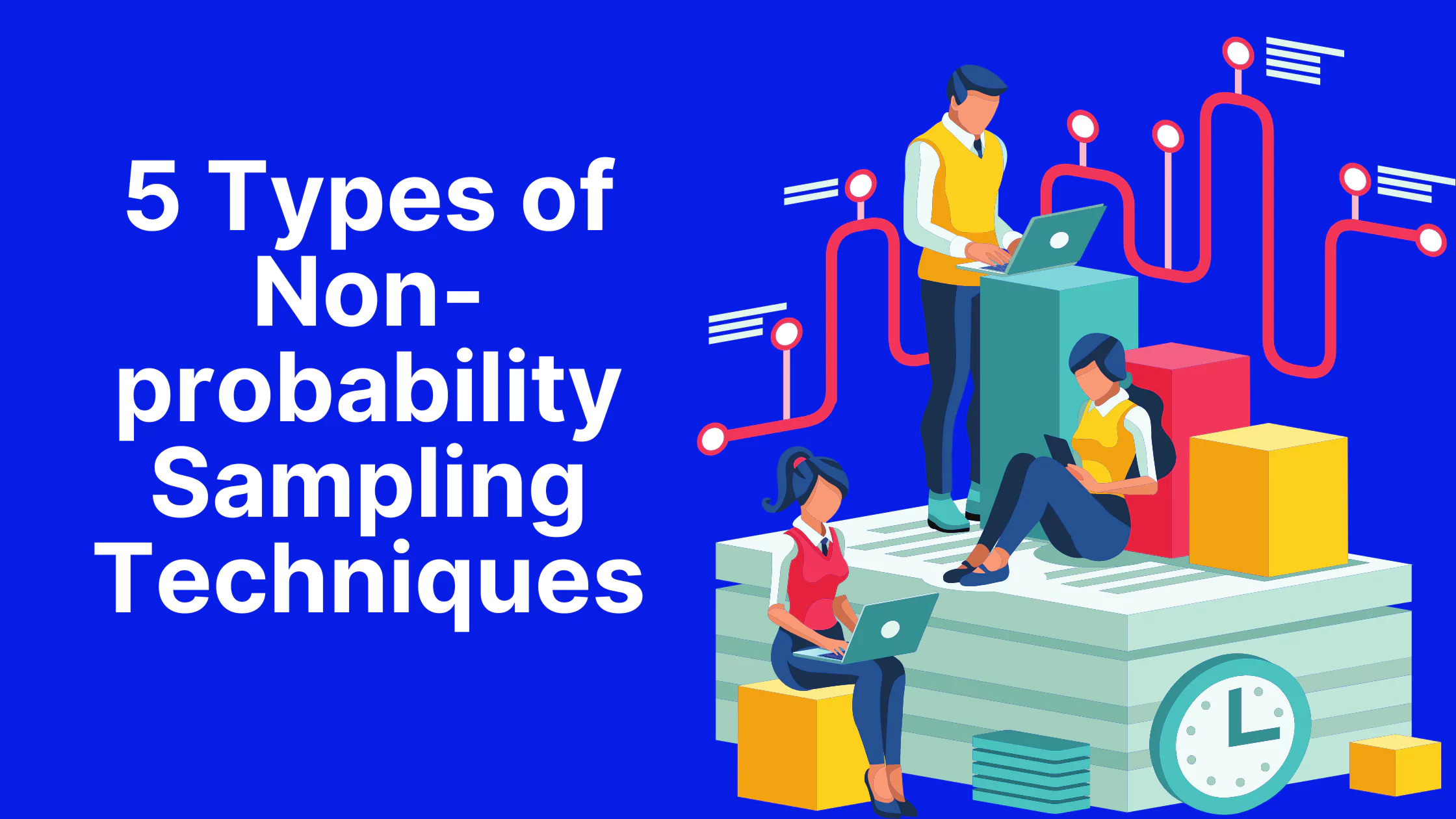The word freedom has multiple meanings in different contexts. When we talk about freedom in academics, it means that both teachers and students have the freedom of gaining and delivering knowledge without any outside pressure, interference, and restriction. It also means that both teacher and student have to freedom to express their views regarding their discipline and field of study, and expertise. Academic freedom allows the students and teachers to research in their field of study without any restrictions.
According to a dissertation writing service, academic freedom gives the researcher the right to present the true and genuine results of his research without the pressure of any organization or individual. Academic freedom implies that the student, instructors, educational institutions, and education system must be free of any political, religious, and philosophical pressure. Academic freedom gives employees and students the option to look for change, or solicitation a consultation on the off chance that they accept their privileges have been abused, and significant scope in concluding how to instruct the courses for which they are mindful.
Factors Affecting Academic Freedom:
Several factors have affected academic freedom and create challenges in achieving and maintaining academic freedom. Some of these factors are
- Higher education institutions and departments have become more independent, autonomous, and self-governing.
- It has inferred the fortifying of the part of regulatory staff to the detriment of the academic local area, a pattern that has been named managerialism.
- Economic and social pressure on higher education institutions for their participation in society and economic development.
- The drive of governments from more straightforward types of control for an arrangement of removed directing, which has suggested more grounded responsibility of advanced education establishments and academics and the utilization of appraisal gadgets.
Importance of Academic Freedom:
Academic freedom is necessary for achieving several important individual, organizational (institutional), and social goals. Academic freedom is necessary for the advancement of knowledge. Academic freedom is necessary for creating and maintaining the quality of the research. Academic freedom results in innovation, variety, criticism, and creativity. Academic freedom is vital for a flourishing scholarly culture at colleges, yet in the bigger society that is educated by information created and shared by colleges. Academic freedom is a pivotal component for a free and common society.
Challenges in Academic Freedom:
There is always been a hot discussion about academic freedom. Many times the views and thoughts about academic freedom have been challenged by many scholars and educationists. The relationship between higher education institutions and government has a great impact on academic freedom. If we take the example of third world countries, we will find out that the educational reforms in those countries are very rare. The schools and other educational institutions are totally under the control of government and political pressure, and conspiracies do no let the educationists work with freedom.
In many countries, the government has shifted from direct control to distant steering. But this has increased the demand for more accountability from educational institutions and professionals working there. A few gadgets of distant steering have been presented. But they all target surveying the presentation of the two foundations and academics and at setting up a nearer interface among financing and execution. Second, there has been a move in the appropriation of force inside advanced education foundations. As advanced education foundations have become more self-ruling corporate bodies, the part of the regulatory staff has developed to the detriment of the academic local area. Perpetually frequently academic staff have been faced with another sort of more professionalized management. This new sort of management offers developing help to handle an extended and enhanced student body or more intricate exploration exercises, yet additionally fortifies command over academic life.
With the increase in inflation, the pressure on the government sectors for social and economic benefits also increases. And these sectors also include educational institutions. The educational institutions come under economic and social pressure for putting their part in the economic development and social welfare. So educational institutions have to face the pressure of not only their peers, students, parents, but also the government and the local community. This limits their freedom in working.
The increasing hype of social media has also restricted the freedom of academics. The hashtag trend and tweet culture have put pressure on the educational institutions and the instructors due to which they are not allowed to freely share their thought and opinions. This will be directly related to the image of the educational institute. Some people will oppose this by saying that the instructors and adults must show mature behavior and behave responsibly in their words, actions and deeds, as it will have an impact on students. But this leads to another debate that who (individual or organization) is authorized to decide what is proper and what is improper. Because if you see it on Twitter you will find out that there are both followers and criticizers for every opinion shared on Twitter. So we cannot decide about anything just based on the general reviews and ignoring the administrators who have invested in it.
Another challenge is the conflict between the sources of information. As some institutions have banned a few information resources like WikiLeaks, for being used for gathering any data or looking for any information. While others are using it as a source to get data and information. So this leads to conflict when different researches on the same topic are presented based on different sources of information. There are no finalized and agreed terms for the use of a standard source of information.
Another challenge for academic freedom is the authority or independence in publishing the true research results. A researcher has the right to have freedom in conducting the research, formulating the hypothesis of his choice, and choosing the topic and methodology. Academic freedom also involves the freedom to present and discuss your point of view or opinion in class discussions. All educators have the right to free-wheeling discussion among their students. They also have the right to decide about the curriculum, course material, and exams. But sometimes, these things are influenced by the higher authorities or associations sponsoring the research.



